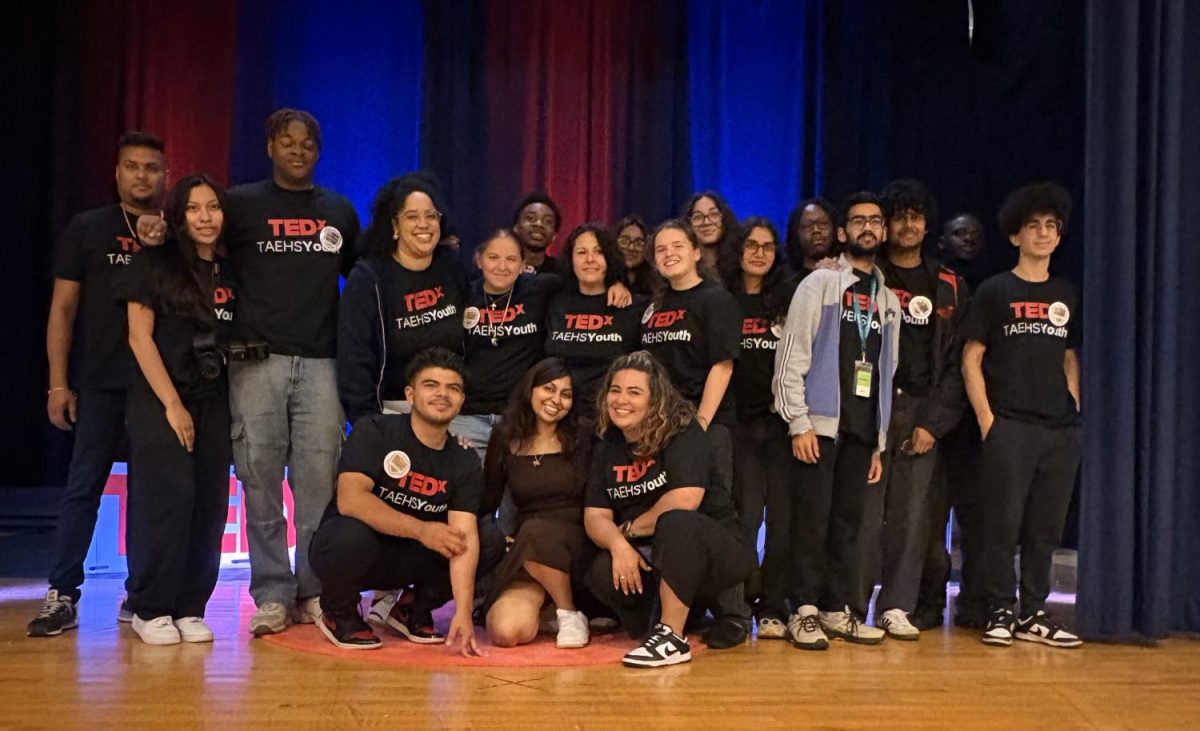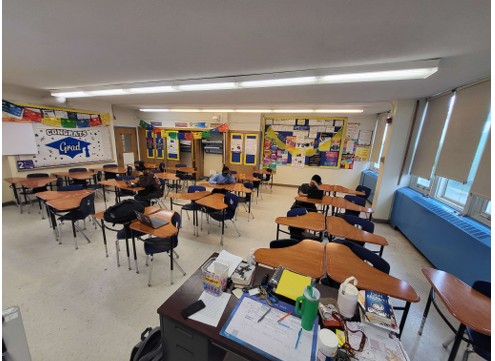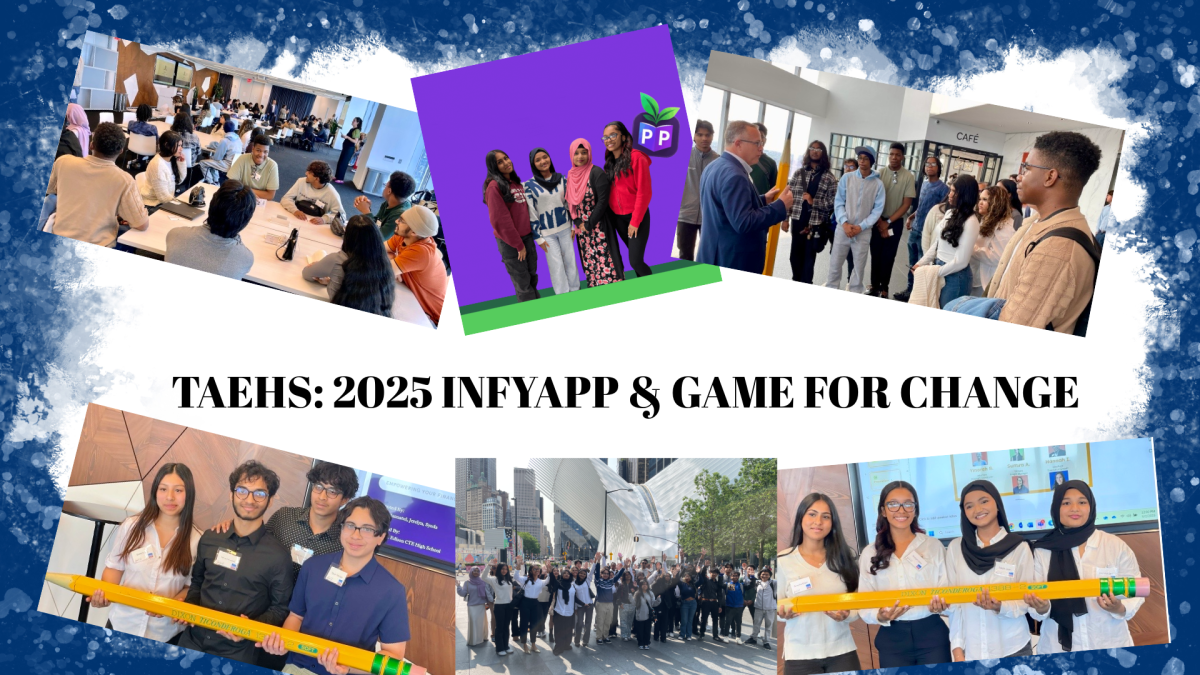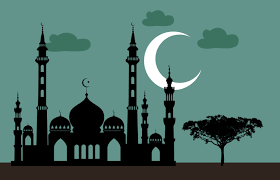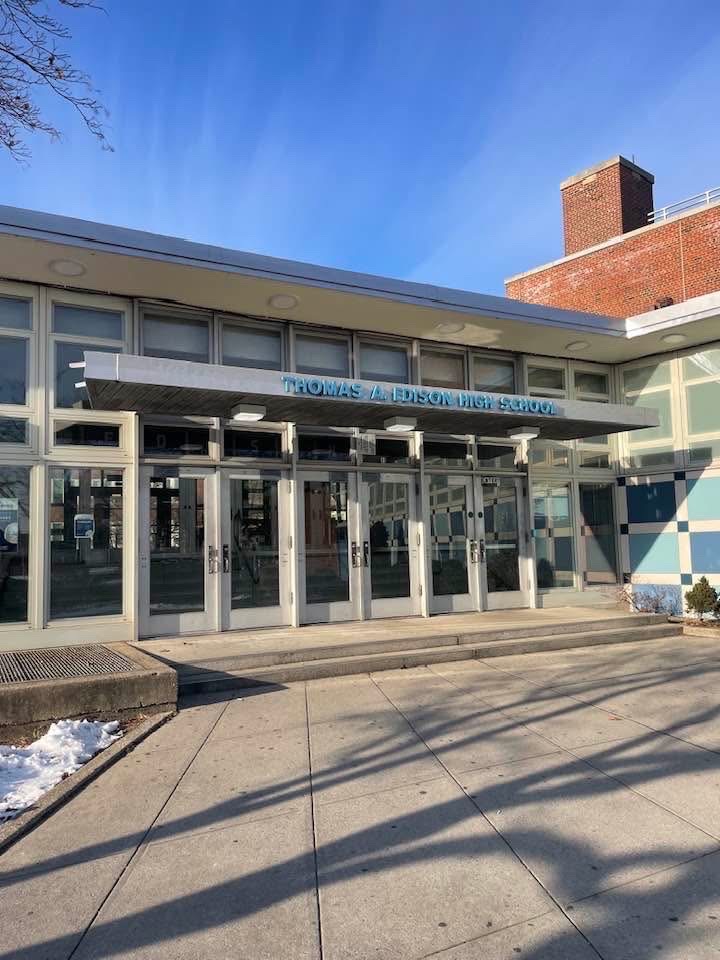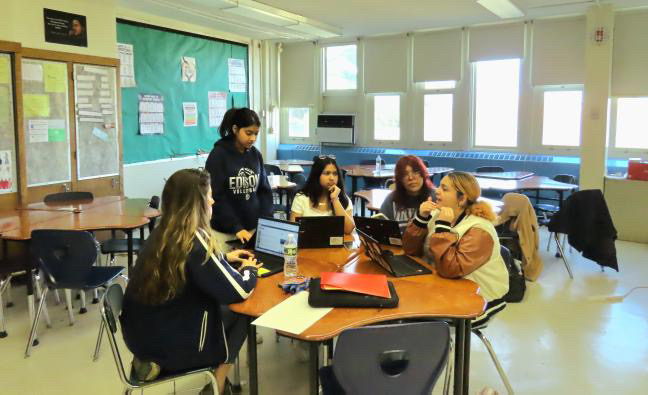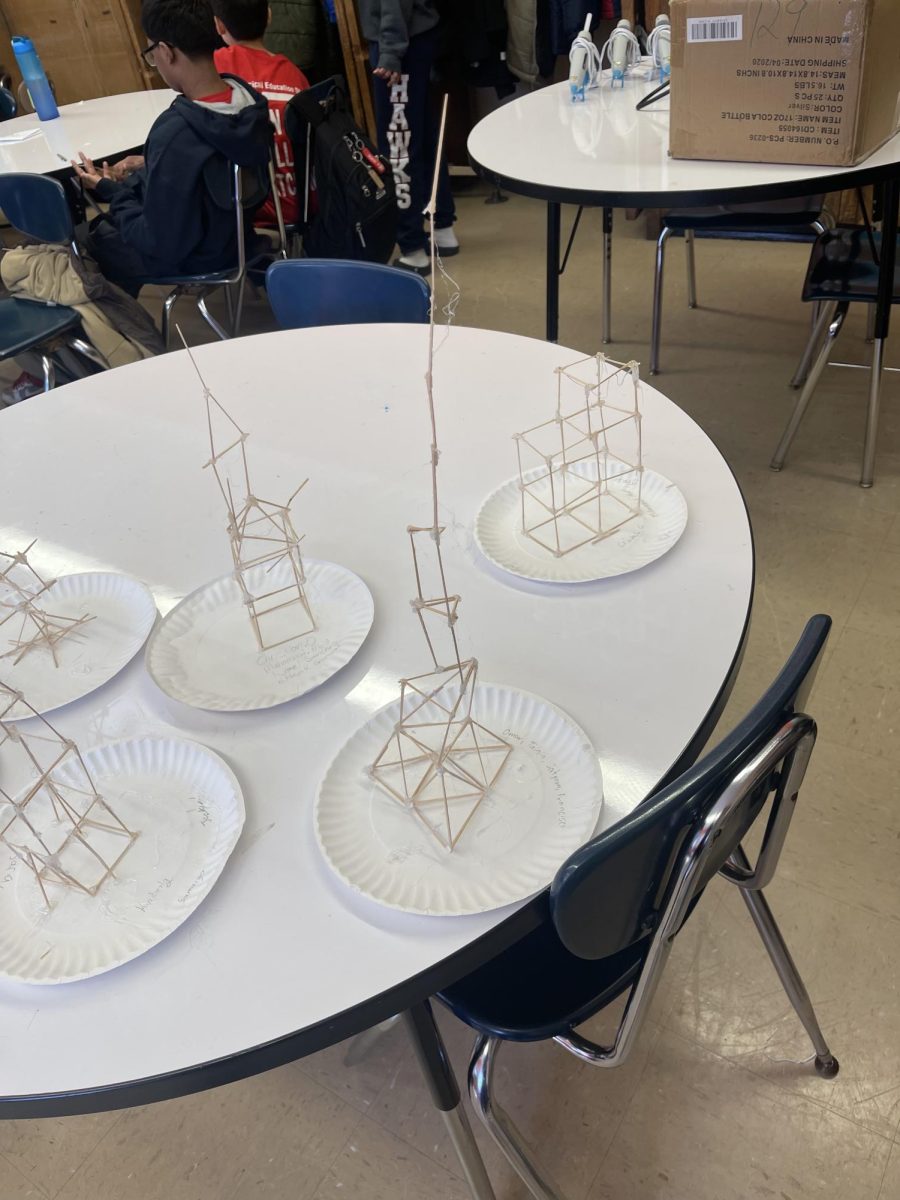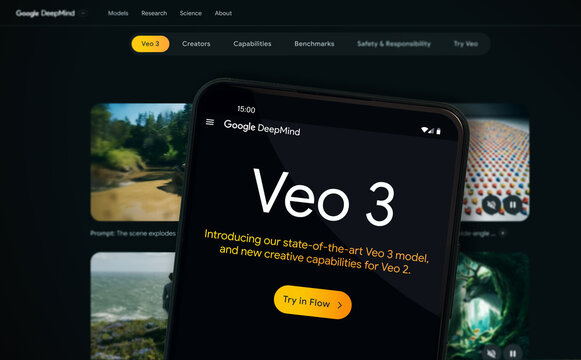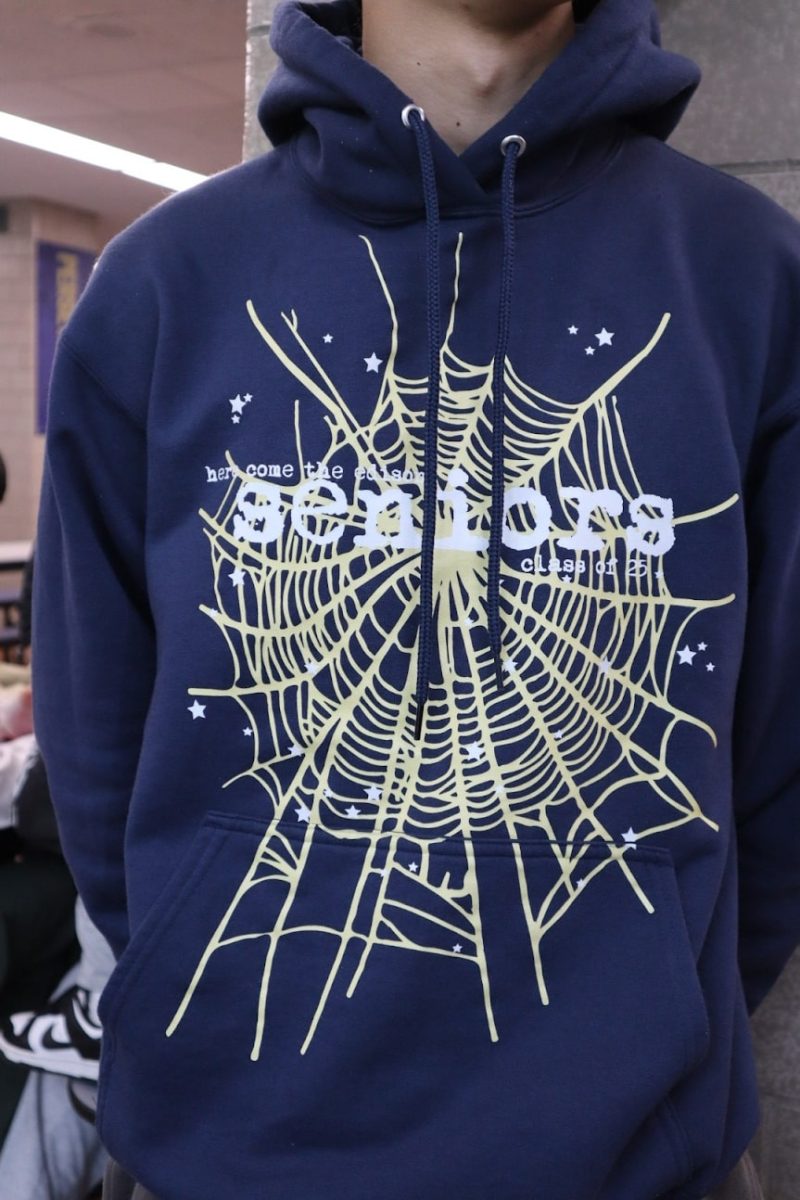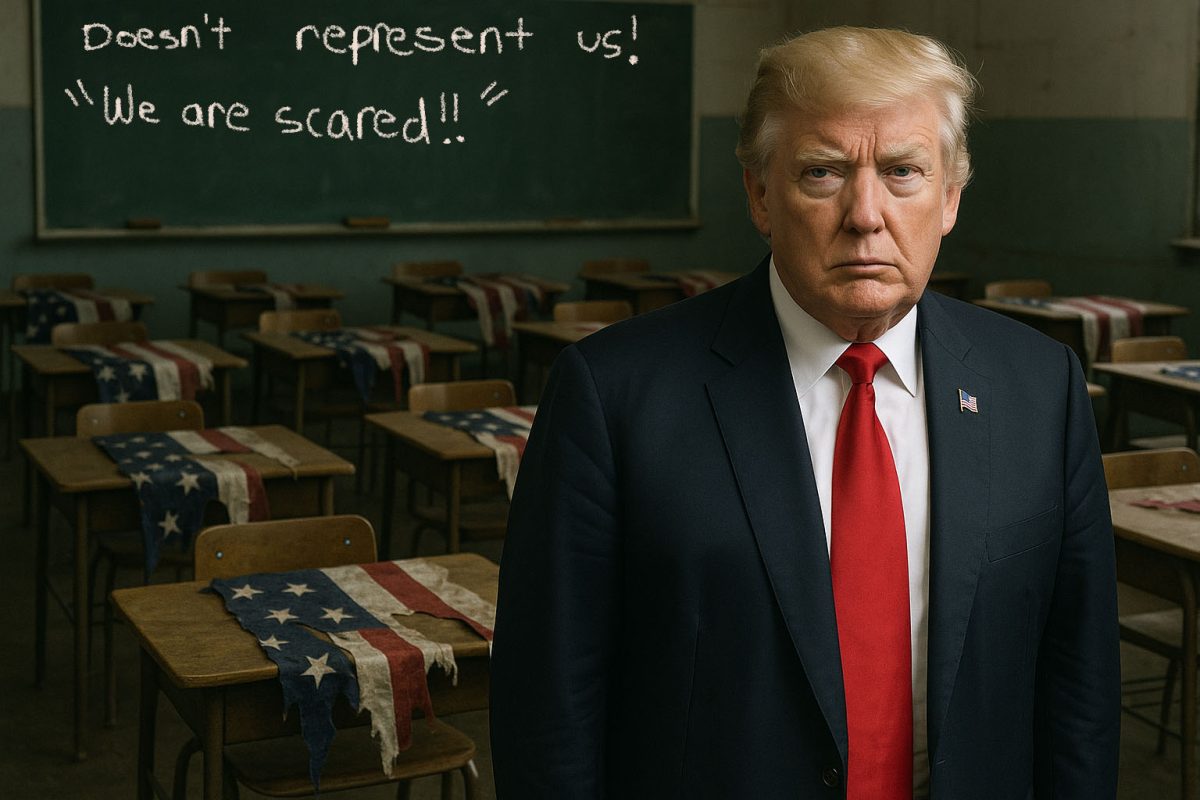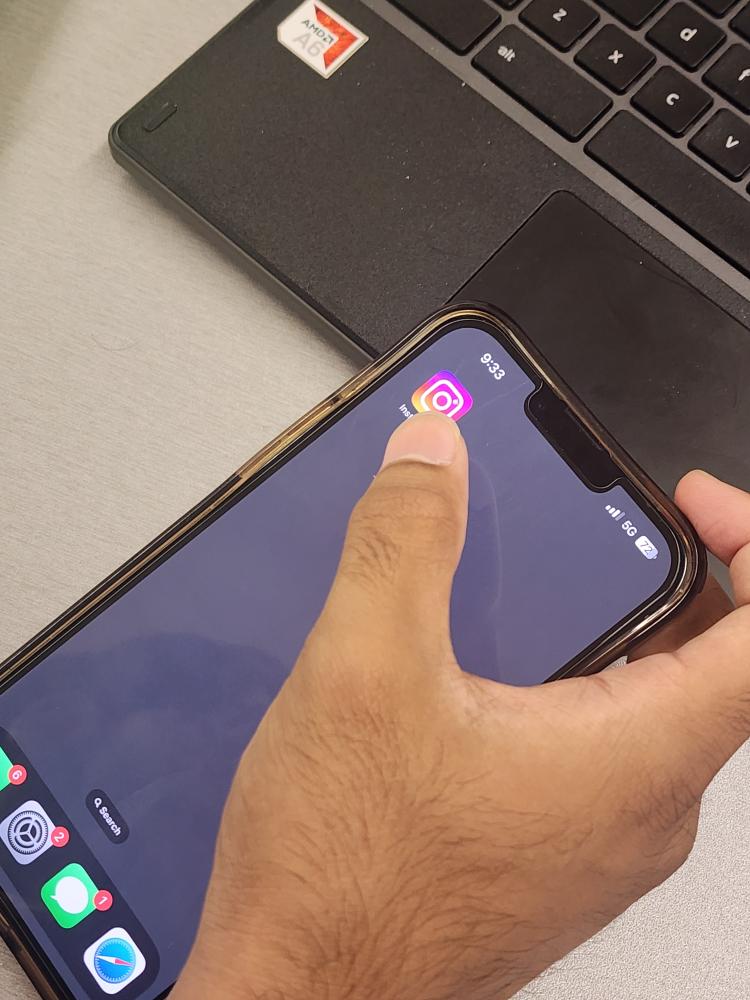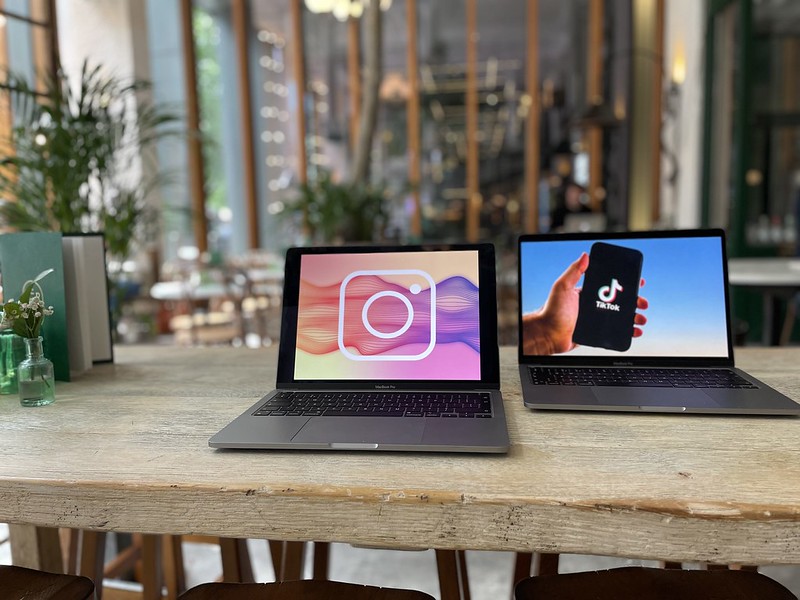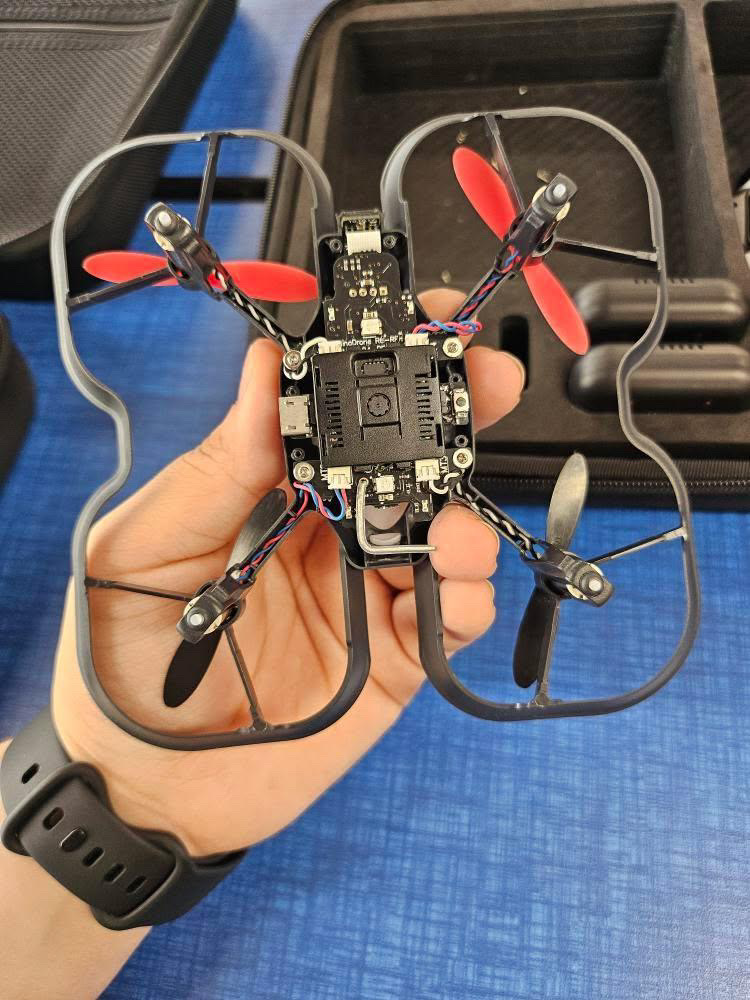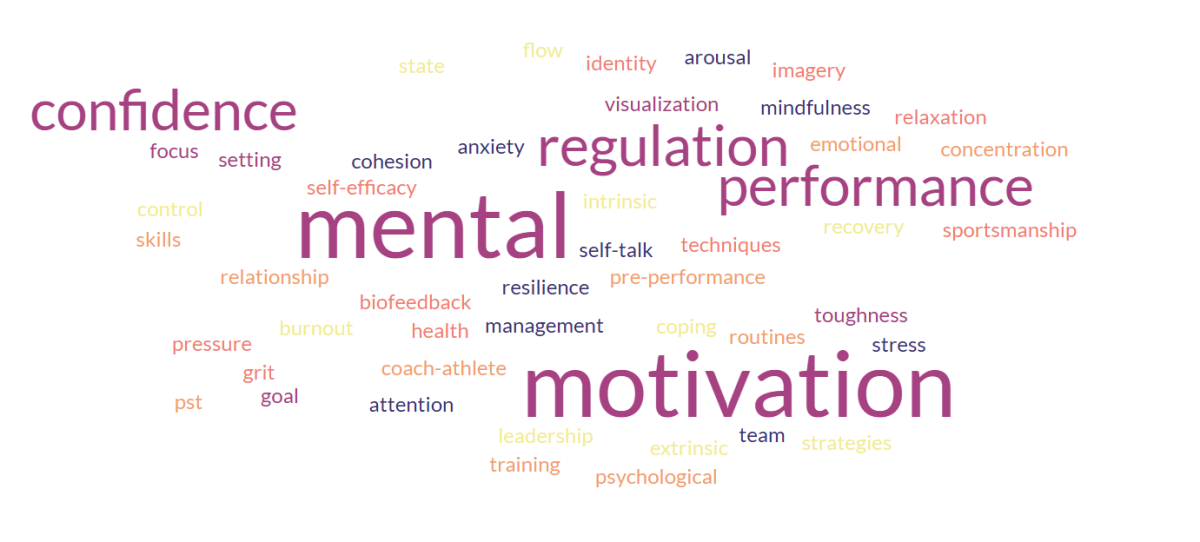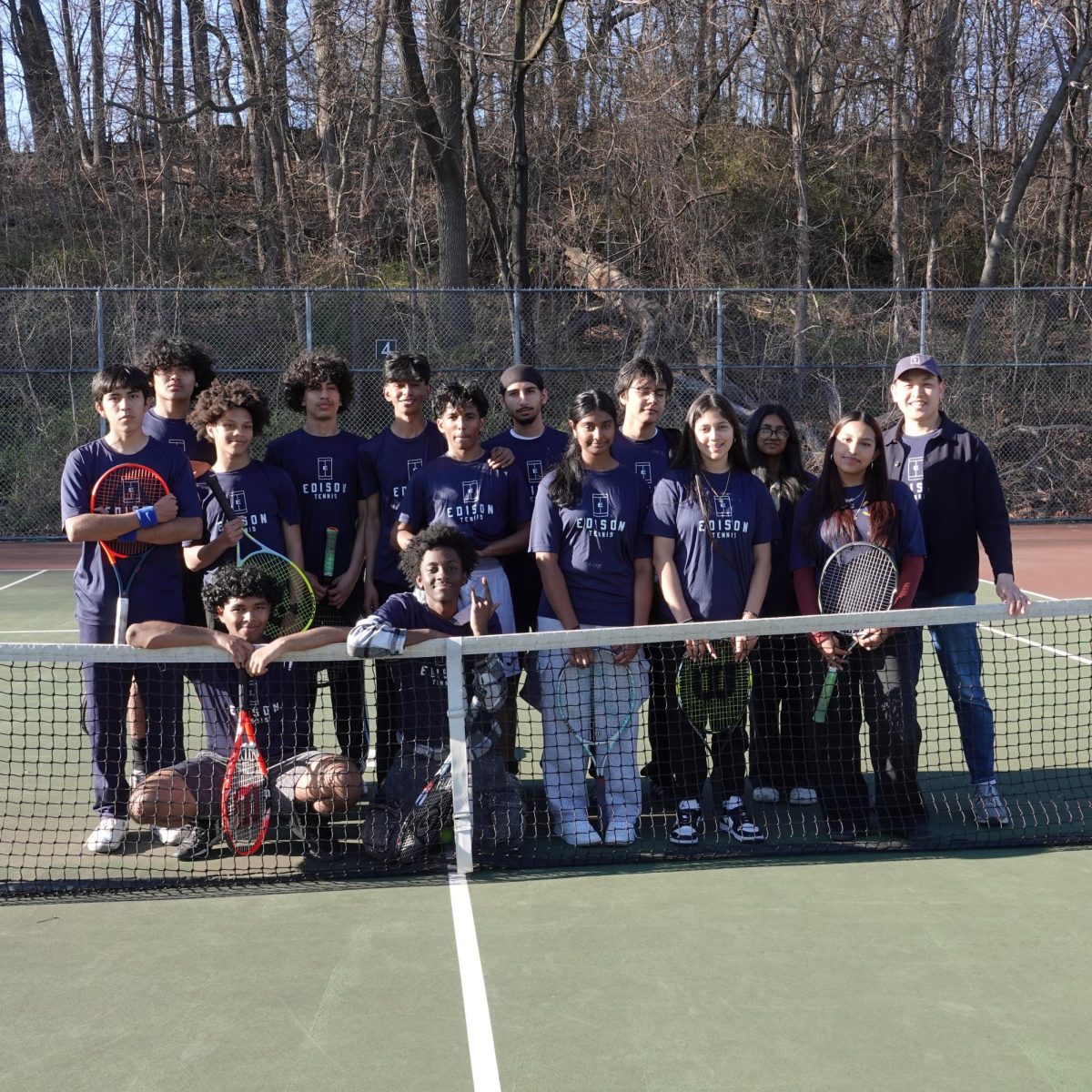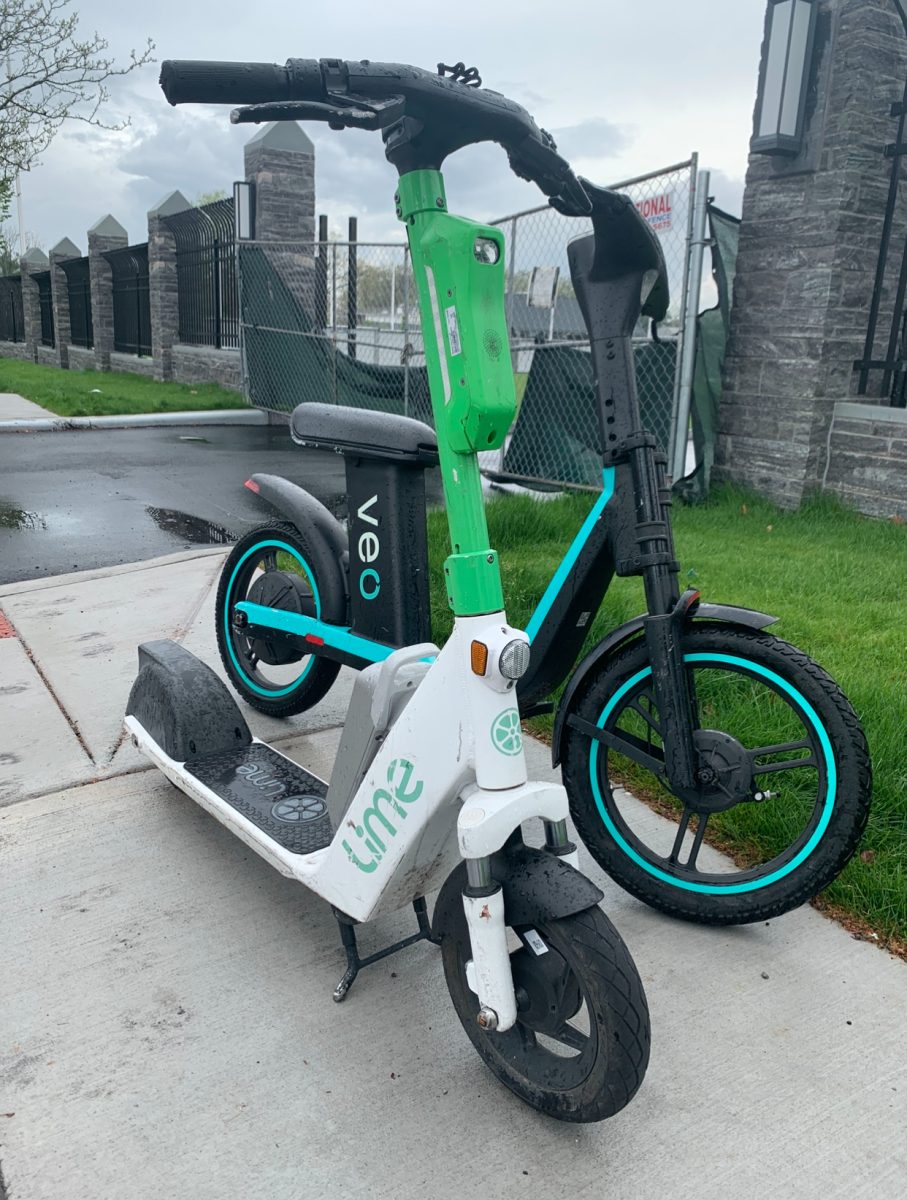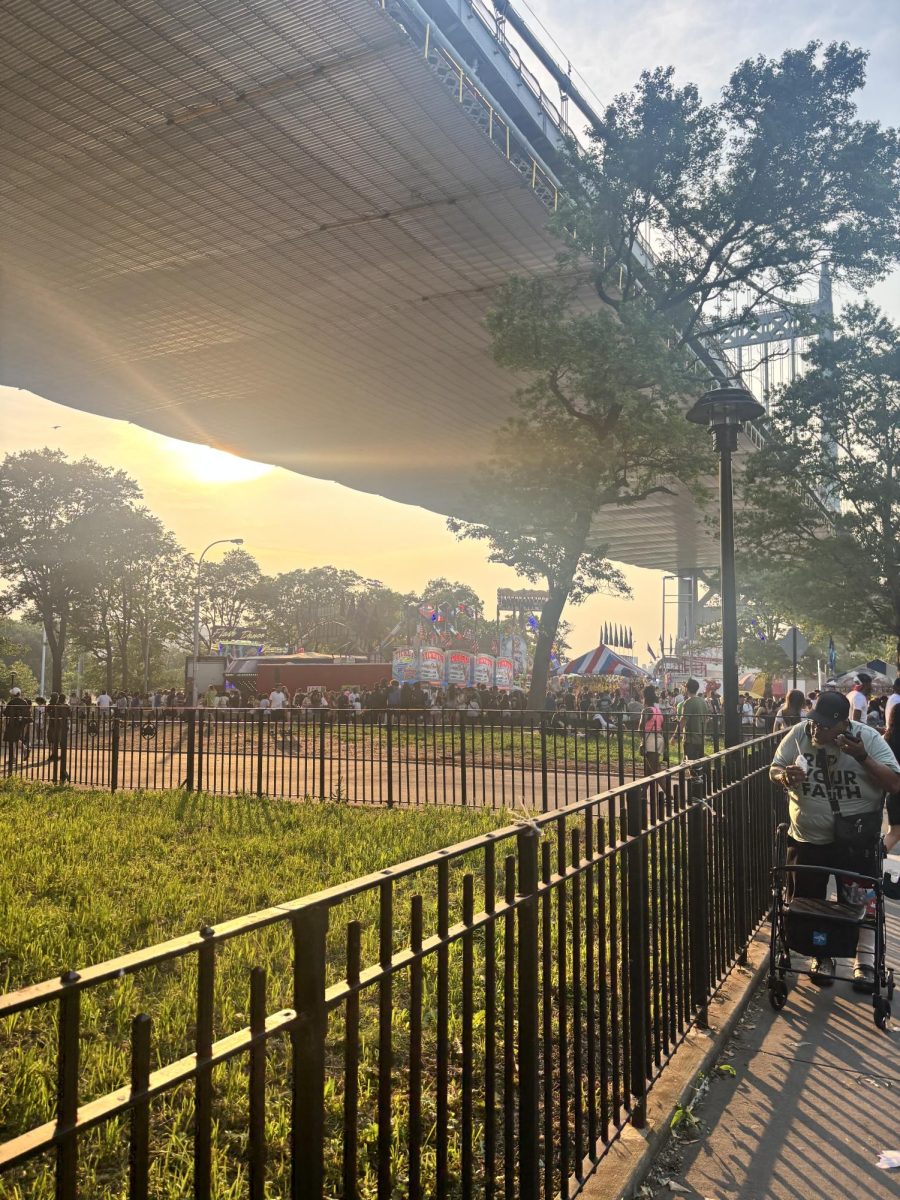The Line is a proposed city being developed in Saudi Arabia as part of the country’s Vision 2030 plan. It is intended to be a hub of innovation and a model for sustainable urban development, with a focus on quality of life for its residents. The city is planned to be completely carbon-neutral and will stretch over 170 km in a straight line in the region of Neom. It is planned to house up to one million people and will feature a mix of residential, commercial, and recreational spaces.
Afnan Ahmed, a student in the Apple Certification program, believes that this idea, constructed by the Saudi Government, will bring ease to its civilians and technology would advance.
“It is not clear to me how this project could be detrimental, as it could potentially have many benefits such as reducing carbon emissions and improving quality of life for residents. However, it is possible that there may be some challenges or drawbacks to the project as well, such as the cost of building and maintaining the infrastructure for the car-free city. It is also important to consider the potential impact on workers and businesses in the area,” said Ahmed.
The city is being designed to rely on renewable energy sources, such as solar and wind power, and will incorporate a range of advanced technologies and design elements to minimize its environmental footprint.
Some of the ways in which The Line is intended to be environmentally friendly include:
- Use of renewable energy sources: The city is being designed to rely on renewable energy sources, such as solar and wind power, to meet its energy needs.
- Carbon-neutral transportation: The Line is being developed with the goal of reducing reliance on cars, with the majority of daily needs being located within a five-minute walk of each residence. The city is also planned to feature a range of alternative transportation options, such as electric vehicles and public transportation.
- Sustainable building design: The buildings in The Line are being designed to be energy-efficient and to use materials that are sustainable and have a low environmental impact.
- Green spaces: The Line is planned to include a significant amount of green space, with parks, gardens, and other natural areas incorporated into the city’s design.
Overall, The Line is intended to be a model of sustainable urban development, with a focus on minimizing its impact on the environment and promoting a high quality of life for its residents.
Mohammad Choudhury, a student within the IT department, argues that The Line is solely a waste of money and doesn’t hold much value to society.
“The government is unnecessarily spending money- I don’t know why they don’t try to fix their pre-existing infrastructure and focus on other things like education,” said Choudhury.
A question which may arise is, “How does the Saudi Government benefit from designing such a complex city?” The Line, a proposed city in Saudi Arabia, is hoped to drive economic growth and attract international investment to the region. It is expected to create many new jobs in various sectors, including construction, technology, and service industries. As an innovation hub, it is expected to attract domestic and international investors. It is also being developed as a futuristic and technologically advanced city, which is expected to draw tourists from around the globe.
Astonishingly, it is intended to diversify the Saudi economy, which currently relies heavily on oil exports, by developing new industries and attracting international investment. Additionally, The Line is expected to improve the quality of life for its residents by providing a range of amenities and activities, making it an attractive place to live and work.

